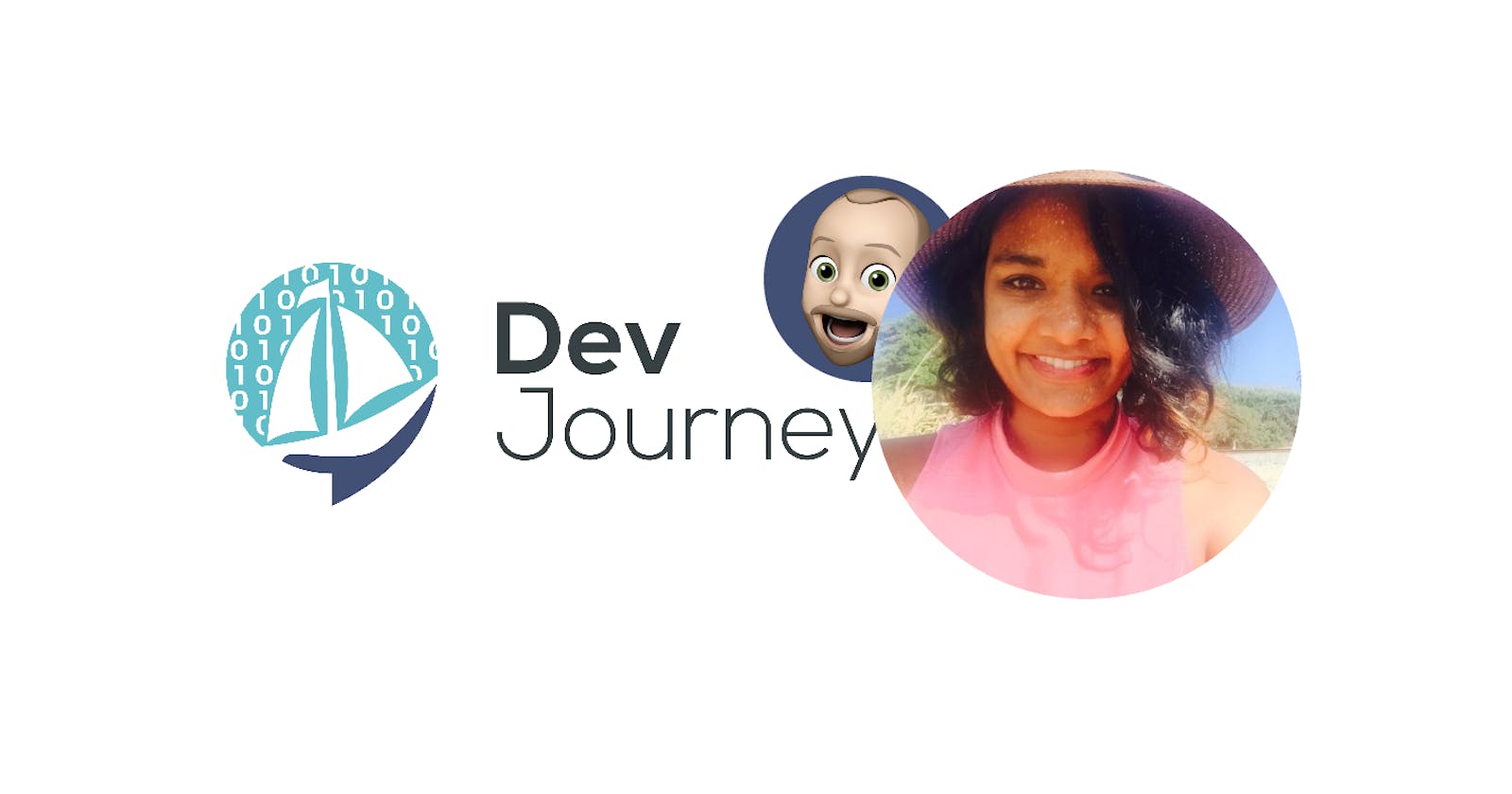Amiti Uttarwar is a hands-on Bitcoin-core tinkerer... and other things I learned recording her DevJourney (#134)
This week, I published Amiti Uttarwar's #DevJourney story on my eponym Podcast: Software developer's Journey. Among many other things, here are my main personal takeaways:
- Amiti described herself as a "total logic nerd" from as early as Kindergarten. She was exposed to logic puzzles at a very early age. She then got involved with programming languages from high-school on.
- Amiti's favorite part is "getting to code on very intellectually engaging difficult problems". She discovered this mostly by trial & error. Trying out project management, trying out app development, prototype/experimental features, slow & fast pace, etc. I love how she purposefully experimented, to find her own way. This is also how her story pans out. First working on a shopping app, then finding a domain she was passionate about, and finally, iterate on it toward bitcoin.
- After years of programming in Ruby, Amiti welcomed C++ as a very logical language, where she has control over all the moving pieces. This definitely resonates with her vision of solving hard logical problems.
- Amiti didn't study computer science, instead she studied "information systems". But when I asked her if she would have liked that in hindsight, she said that she thinks she wasn't ready. She used her time in college to find out what adulthood meant for her and how she wanted to live and use her life. I love this answer because it matches what I feel, and what many guests have said in the past. In hindsight, after many years of experience, they understood the core of computer science and had fun doing so. Whereas we were not ready for it 5-10-20 years in the past.
- Amiti's motivation to learn more about bitcoin, really came from the societal impact of money and FIAT currencies since cryptocurrencies introduce a new trust model, that have the possibility to impact societies at a whole new level around the world. With cryptocurrencies, "two strangers don't have to trust one another to do trades, they have to agree on what happens and strangers observing the trade can also agree on who has how much money".
- It is only when Amiti got interested in Bitcoin that she started doing something coding-related outside of her job. I thank her for saying this, there is too much of the nerd-hero-myth floating around in our industry. And I am also thankful for her saying that once she found herself reading Bitcoin-related whitepapers in her free time, she knew she had found a passion. She was not doing it primarily in order to get somewhere, but instead because of sheer interest.
- And then I learned a ton about the Bitcoin project itself. I never suspected that it was a normal repository on Github, with the exact same governance as any other. I also learned -as I suspected- that there is no company behind Bitcoin, but some companies sponsoring core contributors to advance the project or offering grants. There are only about 35 core developers. And if you manage to get more than 4 pull requests accepted, you will be in the top 100 contributors.
- Bitcoin is a digital currency that is inclusive by nature. Like gold, there is no entity telling you that you have the right to use it to pay. Exclusive systems work great IF you are allowed in.
Advice:
- "If you are asking yourself "how can I find my passion?", you are on the right track"
- "Listen to yourself and explore, embrace the setbacks and keep trying"
Quotes:
- "My favorite is getting to code on very intellectually engaging difficult problems"
- "I make sure that no entity is able to prevent another entity from participating in the system"
- Talking about other cryptocurrencies "I'm generous with my support, but I am exclusive with my attention"
Thanks, Amiti for sharing your story with us!
You can find the full episode and the show notes on devjourney.info.
Did you listen to her story?
- What did you learn?
- What are your personal takeaways?
- What did you find particularly interesting?

